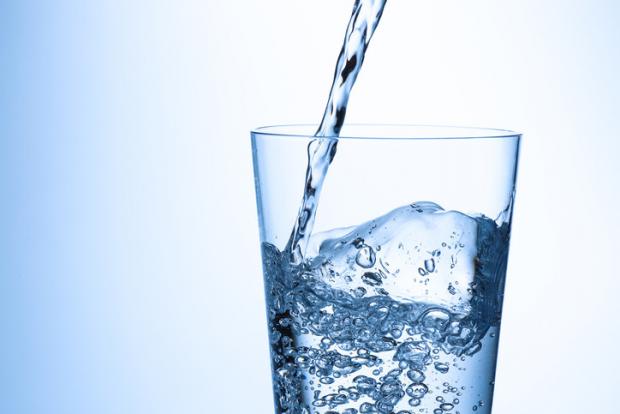
Breaking News
The Criminality Buried In The Epstein Files Is Worse Than Anyone Thought,...
 A Critical Review of Impacts of Greenhouse Gas Emissions on the U.S. Climate
A Critical Review of Impacts of Greenhouse Gas Emissions on the U.S. Climate
 The Great Reject is Upon Us! - #SolutionsWatch
The Great Reject is Upon Us! - #SolutionsWatch
 Google is issuing a call to action:
Google is issuing a call to action:
Top Tech News
 Drone-launching underwater drone hitches a ride on ship and sub hulls
Drone-launching underwater drone hitches a ride on ship and sub hulls
 Humanoid Robots Get "Brains" As Dual-Use Fears Mount
Humanoid Robots Get "Brains" As Dual-Use Fears Mount
 SpaceX Authorized to Increase High Speed Internet Download Speeds 5X Through 2026
SpaceX Authorized to Increase High Speed Internet Download Speeds 5X Through 2026
 Space AI is the Key to the Technological Singularity
Space AI is the Key to the Technological Singularity
 Velocitor X-1 eVTOL could be beating the traffic in just a year
Velocitor X-1 eVTOL could be beating the traffic in just a year
 Starlink smasher? China claims world's best high-powered microwave weapon
Starlink smasher? China claims world's best high-powered microwave weapon
 Wood scraps turn 'useless' desert sand into concrete
Wood scraps turn 'useless' desert sand into concrete
 Let's Do a Detailed Review of Zorin -- Is This Good for Ex-Windows Users?
Let's Do a Detailed Review of Zorin -- Is This Good for Ex-Windows Users?
 The World's First Sodium-Ion Battery EV Is A Winter Range Monster
The World's First Sodium-Ion Battery EV Is A Winter Range Monster
 China's CATL 5C Battery Breakthrough will Make Most Combustion Engine Vehicles OBSOLETE
China's CATL 5C Battery Breakthrough will Make Most Combustion Engine Vehicles OBSOLETE
Hydration equilibrium: Navigating the delicate balance between dehydration and overconsumption

While chronic dehydration silently plagues millions, a lesser-known danger, acute water intoxication, highlights the perils of overzealous consumption. This revelation, drawn from both modern medical case studies and ancient Traditional Chinese Medicine (TCM), underscores that optimal health hinges not on blindly guzzling gallons, but on understanding the body's complex, individualized relationship with water. The emerging consensus from health experts is that the path to proper hydration requires listening to the body's subtle signals rather than adhering to rigid, one-size-fits-all quotas.
The two extremes: From dehydration to water poisoning
The human body is predominantly water, a substance crucial for transporting oxygen, flushing waste and regulating temperature. Conventional medical wisdom, as highlighted by researchers like Dr. Fereydoon Batmanghelidj, has long pointed to a widespread dehydration crisis, often driven by a preference for sugary, caffeinated beverages that deplete the body's reserves. The consequences are well-documented: fatigue, headaches, joint pain and impaired cognitive function. Studies show that losing just 2 percent of body weight in water can significantly hinder attention and motor coordination.
Conversely, the extreme opposite, water intoxication, is a medical emergency. A stark example occurred when a Taiwanese student consumed 6,000 milliliters of water in 30 minutes, leading to dizziness, vomiting, convulsions and a near-fatal outcome. This condition, known medically as hyponatremia, arises when excessive water intake drastically dilutes blood sodium levels, disrupting brain and bodily functions. While rare, it serves as a critical reminder that even life's essential elements require mindful consumption.
A holistic view: TCM and the body's water metabolism
Traditional Chinese Medicine offers a sophisticated framework for understanding hydration that extends beyond simple volume measurement. According to TCM practitioner Naiwen Hu, effective water metabolism relies on the health of both the kidneys and the spleen. The spleen, part of an energy system that includes the stomach and pancreas, is responsible for nutrient absorption and transforming fluids. When spleen function is weak, a condition known as "dampness" can occur, where the body retains excess moisture. Individuals with this constitution may experience bloating, cold hands and feet, and a persistent dry mouth despite frequent drinking. For them, consuming large volumes of water can exacerbate sluggishness and imbalance, creating a cycle of discomfort.



